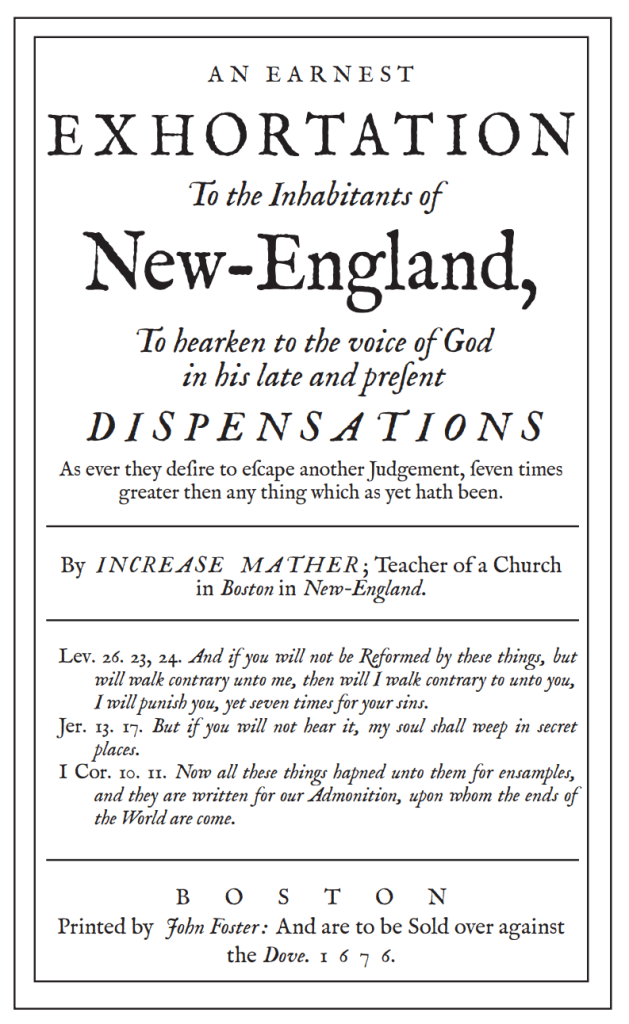The following are quotes from Thomas Chalmers (1780-1847) who was passionate about relieving the poor and above all, bringing them the glad tidings of the Gospel.
* * * *
“Such is the peculiar adaptation of the Gospel to the poor, that it may be felt in the full force of its most powerful evidence by the simplest of its hearers” (Chalmers, Works 6:256).
“The proper work of an establishment . . . is to reclaim and christianize the common people” (Chalmers, Works 18:206).
“In respect of immortality, the great and the small ones of the earth stand on an equal eminence” (Chalmers, Works 6:288).
“Yet I must say I liked the Irish part of my parishioners. They received me always with the utmost cordiality, and very often attended my household ministrations, although Catholics” (Chalmers, Works 16:243).
“The main impulse of [the parish minister’s] benevolence, lies in furnishing the poor with the means of enjoying that bread of life which came down from heaven, and in introducing them to the knowledge of those Scriptures which are the power of God unto salvation to every one who believeth” (Chalmers, Works 11:290).
“There is none we think of correct moral taste, and whose heart is in its right place, that will not rejoice in such a spectacle, as far more pleasing in itself, and, if only universal in our churches, far more indicative of a healthful state of the community, than the wretched system of the present day, when the gospel is literally sold to the highest bidders among the rich, and not preached to the poor” (Chalmers, Works 11:381).
* * * *
And some longer quotes:
“Now the great aim of our ministry is to win souls; and the soul of a poor man consists of precisely the same elements with the soul of a rich. They both labour under the same disease, and they both stand in need of the same treatment. The physician who administers to their bodies brings forward the same application to the same malady; and the physician who is singly intent on the cure of their souls will hold up to both the same peace-speaking blood, and the same sanctifying Spirit, and will preach to both in the same name, because the only name given under heaven whereby men can be saved” (Chalmers, Works 11:356).
“It was saying more for the common people of Judea that they heard the Saviour gladly, than for the Scribes and Pharisees who heard him with envy, prejudice, and opposition; and it is saying more for the common people of this country, that they hear the doctrine of Christ gladly, than for those learned who call that doctrine foolishness, for those men of taste who call it fanaticism, for those men of this world who call it a methodistical reverie, for those men of fashion and fine sentiment who shrink from the peculiarities of our faith, with all the disgust of irritated pride and offended delicacy” (Chalmers, Works 11:358).
“If a poor child be capable of being thus transformed, how it should move the heart of a city philanthropist, when he thinks of the amazing extent of raw material, for this moral and spiritual manufacture that is on every side of him—when he thinks, that in going forth on some Christian enterprise among a population, he is in truth, walking among the rudiments of a state that is to be everlasting—that out of their most loathsome and unseemly abodes, a glory can be extracted, which will weather all the storms, and all the vicissitudes of this world’s history—that, in the filth and raggedness of a hovel, that is to be found, on which all the worth of heaven, as well as all the endurance of heaven can be imprinted—that he is, in a word, dealing in embryo with the elements of a great and future empire, which is to rise, indestructible and eternal, on the ruins of all that is earthly, and every member of which shall be a king and a priest for evermore” (Chalmers, Works 6:260).
“It was not thus with the ancients of our Church when spoiled of her endowments by the rapacity of the Crown, and of those nobles who formed the all-powerful aristocracy of that generation. True there was but the population of a million in these days; but whole tracts of country were rifled by the hand of violence of their ecclesiastical patrimony, and no means were left for the Christian education of the people who would have sunk into a state of moral barbarism but for the efforts of so many patriots as courageous and enlightened as the world ever saw,—the fathers and founders of the Kirk of Scotland. The territory had been desolated of its provision both for churches and schools; but they went forth upon it notwithstanding, and chalked out their parishes, and planted their stations for the ministry of the word, and without the visible means of sustenance or support, laboured both with the Church’s plat, and the Church’s polity, till the God in whom they trusted overthrew the counsels of their adversaries, and forced out of their sacrilegious hands a hardwon maintenance for an order of men whom now it is the fashion to stigmatize, but who have ever proved, throughout all the periods of our bygone history, and have now the opportunity of proving still, that they are the best friends of the poor man and of the labourer” (Chalmers, Works 18:289).
“To give money, is not to do all the work and labour of benevolence. You must go to the poor man’s sick bed. You must lend your hand to the work of assistance. You must examine his accounts. You must try to recover those debts which are due to his family. You must try to recover those wages which are detained by the injustice or the rapacity of his master. You must employ your mediation with his superiors. You must represent to them the necessities of his situation. You must solicit their assistance, and awaken their feelings to the tale of his calamity. This is benevolence in its plain, and sober, and substantial reality; though eloquence may have withheld its imagery, and poetry may have denied its graces and its embellishments. This is true and unsophisticated goodness” (Chalmers, Works 11:303-4)
[image source]
Read Full Post »







